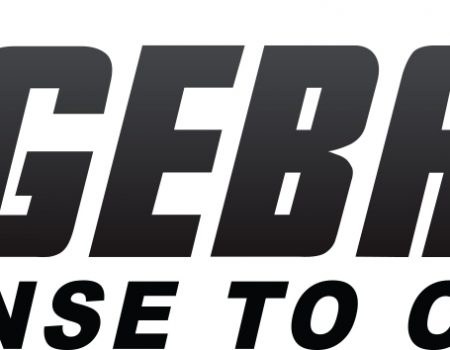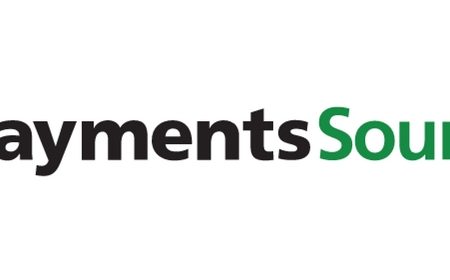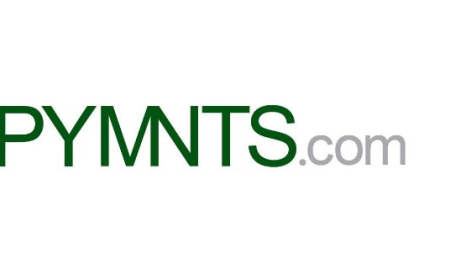Payment Card Leaders Hope to Stay Ahead of the Competition – What Does It Mean for Businesses?
Global Risk Technologies™’ CIO, Monica Eaton-Cardone, is widely recognised as an expert on new payment card regulations and policies, as well as the impact of those policies on consumers and merchants.
In a recent article released by payment industry publication Paymenteye, Eaton-Cardone reflected on changes made by Visa and MasterCard over the last few years in order to stay ahead of the game.
Newer competitors in the payment industry, including Apple Pay and PayPal, will be causing concern to the established names like MasterCard and Visa, who need to constantly evolve to make sure they offer enough added value to retain their dominant market share.
MasterCard made a strong statement with a recent industry first, promising to increase and expand the minimum standard for consumer protection against unauthorised transactions worldwide. What’s more, it is offering one single rate. Its single, global Zero Liability promise was developed in line with issuers and regulators and increases the minimum standard for consumer protection against unauthorised transactions, subject to whatever local laws are applicable.
However, this new policy may harbour unintended consequences for merchants. Eaton-Cardone suggests that new programs and regulations, such as MasterCard’s “Zero Liability” policy, may result in more frequent instances of friendly fraud.
These new policies are meant to entice customers; however, the card companies should do more to educate merchants on risk mitigating practices in order to balance the impact.
Eaton-Cardone went on to discuss another major technological development which is drastically changing the face of the payments industry, as well as that of commerce in general:
MasterCard is also working hard to embrace the future of in-store payments, announcing at the start of January 2016 that it had partnered with consumer e-commerce company Coin, enabling payments via wearable technology such as smartwatches and fitness bands.
However, these changes are not solely the result of proactivity on the part of card networks. In many cases, the force of consumer demand spurs the rapid adaptation of new payment technology:
A MasterCard survey in Australia in December revealed that nearly two-thirds of the 1,000 respondents preferred near-field communications (NFC) over cash payments…
Yet MasterCard is not alone in its attempts to retain a phenomenal market share, as Visa has revealed over 6 million registrants to its growing Visa Checkout service, with sign-ups increasing by more than 92 per cent since the beginning of 2015 as it fights to stay at the head of global ecommerce.
Read the full article here.




